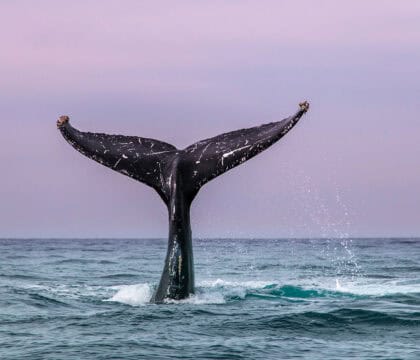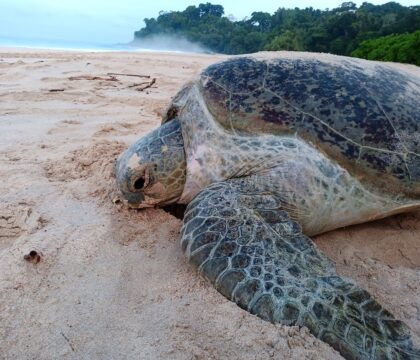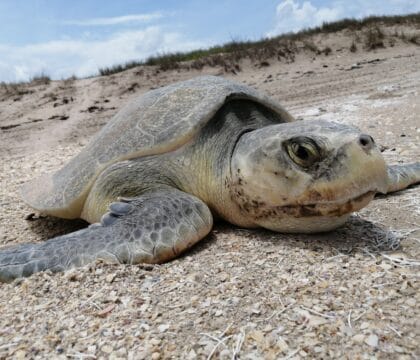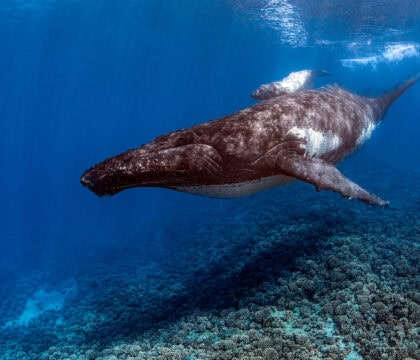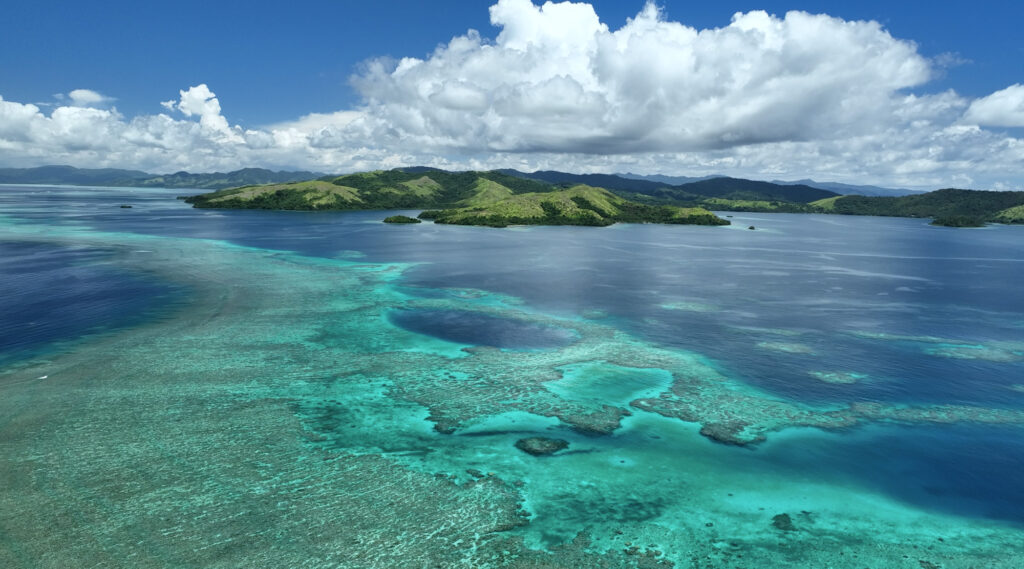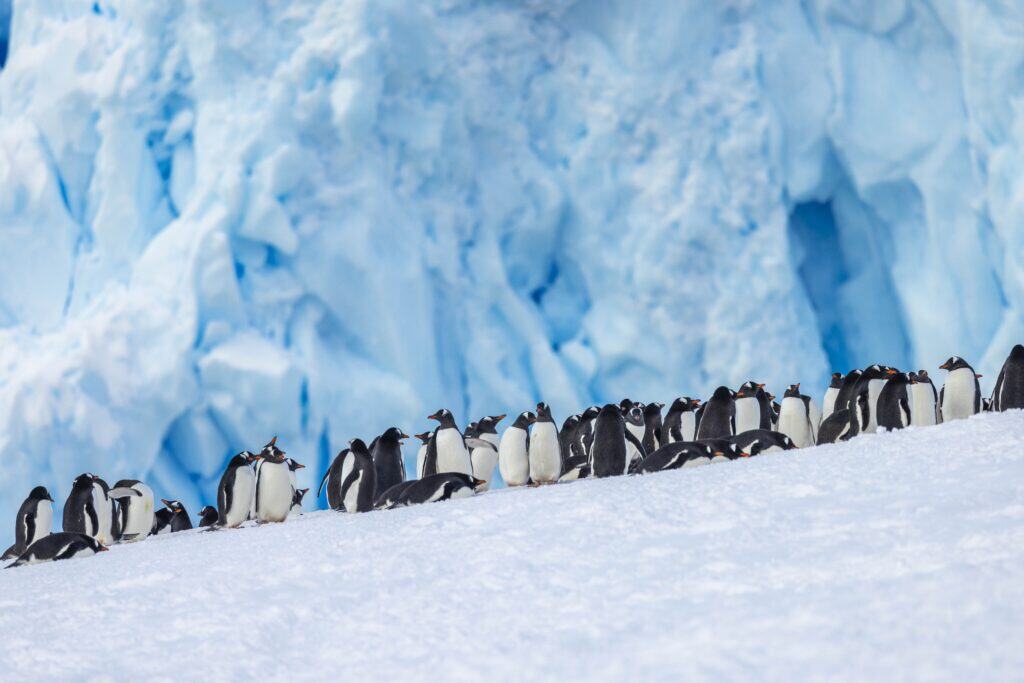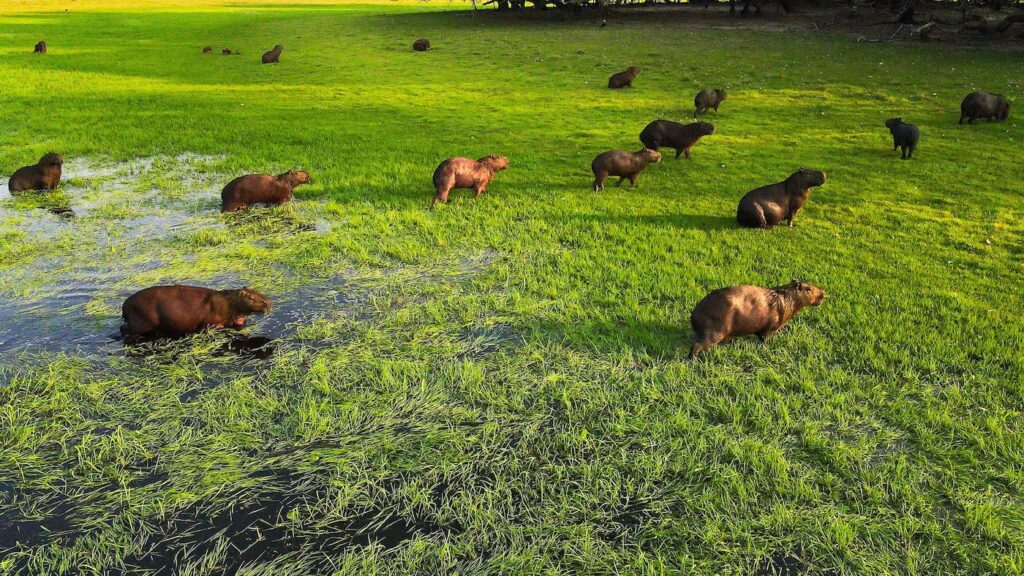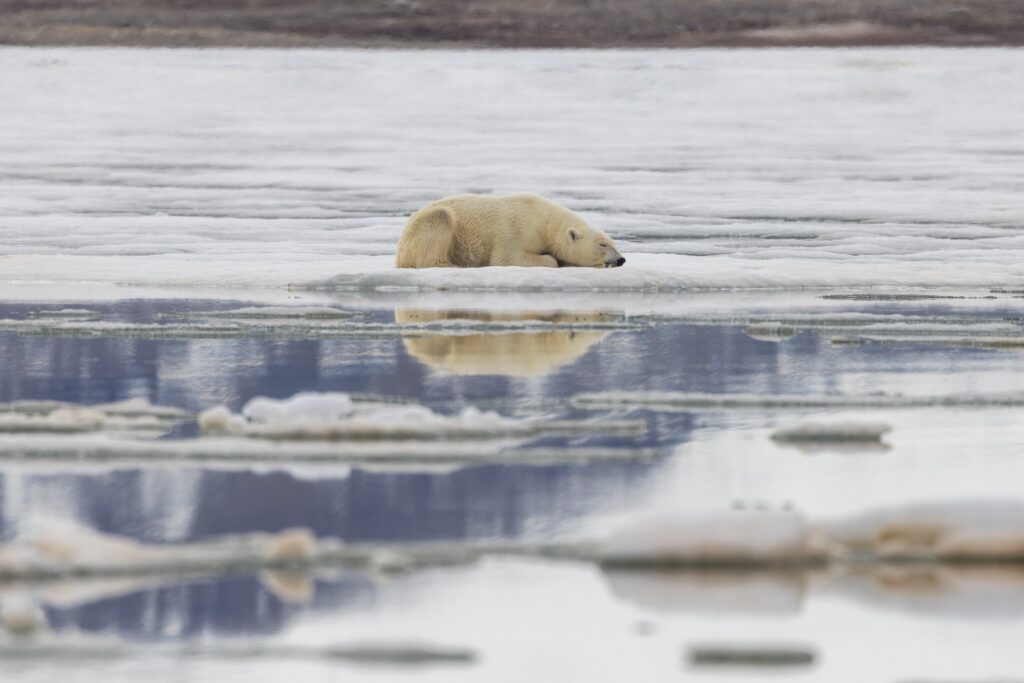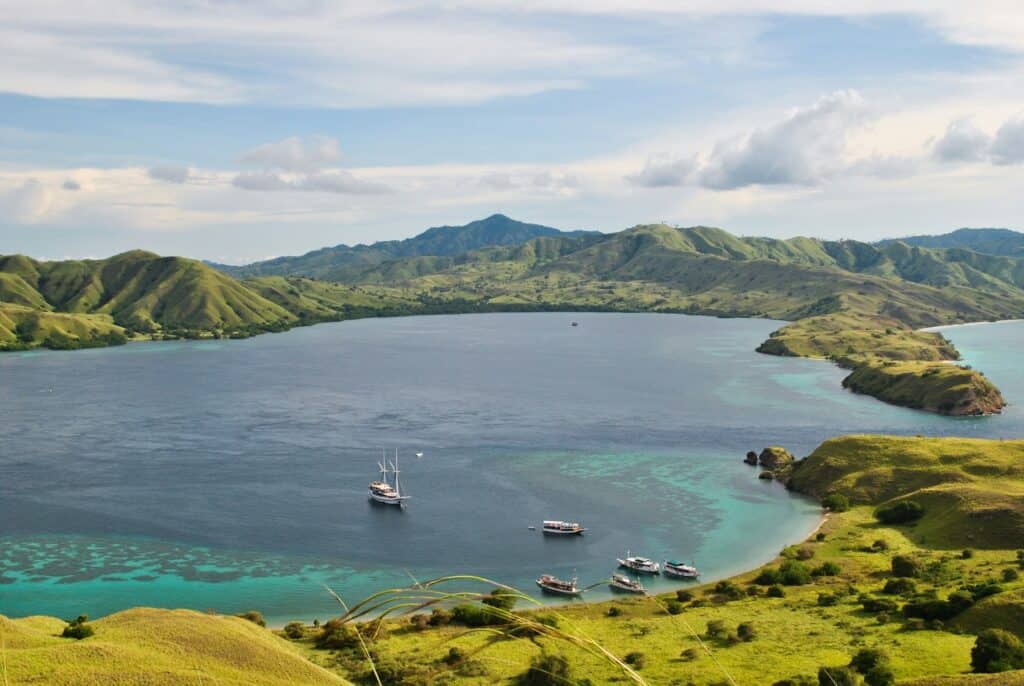February 20, 2019 • News Announcements, Program Updates
Established in 1969, Oceanic Society is America’s oldest 501(c)(3) nonprofit organization dedicated to ocean conservation. Throughout our history we have seen how conscientious nature travel can drive conservation and connect people to nature in meaningful ways. Our Expeditions programs have been a core component of how we pursue our mission for 50 years.
Each of our expeditions is designed with the intention to positively impact the natural areas and human communities we visit, while also delivering transformative nature experiences for our travelers that deepen their connections to nature and promote the adoption of ocean-friendly “Blue Habits.” Moreover, any profits we earn are invested directly into our ocean research and conservation programs worldwide.
In the last three fiscal years, our travel programs have generated nearly $1.5 million for ocean research and conservation programs.
Here’s How it Works — Our Travel Program Model
Our Conservation Impact in FY18
From July 1, 2017 through June 30, 2018 Oceanic Society operated 43 conservation travel programs for 296 travelers across 16 countries. Through those programs we contributed $183,800 to ocean research and conservation efforts by our partners in the Caribbean, Coral Triangle, Kenya, Mexico, Micronesia, and beyond, and provided a total of 1,410 hours of volunteer time. Our contributions supported programs that conserve sea turtles, whales, mangroves, coral reefs, sharks, manta rays, manatees, seabirds, parrots, river otters, elephants, rhinos, and chimpanzees.
An additional $343,000 in revenue generated through our expeditions and San Francisco Bay Area whale watching programs was invested into Oceanic Society’s global marine research and conservation programs including our State of the World’s Sea Turtles Program, Blue Habits initiative, and the administration of our fiscally-sponsored projects. Total dollar contributions to research and conservation through travel programs were $526,800.

